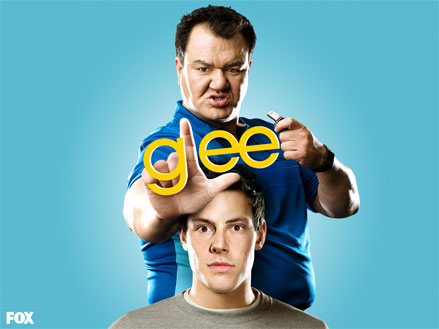
While sitting in my British Comedy class last week, my professor said something that struck a chord. He pointed out how in the UK, many writers of popular shows will cut off their series at a very early stage. Take the UK (original) version of the now-hit show “The Office.” The celebrated series had only 14 episodes. That’s right. 14. Instead of capitalizing on a franchise that could have been more popular, the writers of the show chose to not extend it to an exorbitant amount of episodes. Call it art for art’s sake. Not for profit.
Zoom over to the states and take a look at “Glee,” the peppy, hip, catchy-as-heck prime time comedy that has swept awards shows and garnered international recognition. Its premise gives the show an almost unlimited lifespan: take popular music from as far back as the 40s and regurgitate it in a Kidz Bop 20-esque fashion. Make it a little bit sexy, a little more racy and a lot of fun. Bada-bing, bada-boom. What “Glee” has going for it is its endless arsenal of musical and cultural reference to pull from. But is the almost inherent unoriginality of “Glee” one of its hugest impending pitfalls? How long will it be until the jukebox gets boring and people stop tuning in to hear Top 40 hits sung by attractive I’m-not-really-sure-how-you-are-16-years-old actors?
My guess is not long. The show will most likely be able to endure with a solid fan base, but the quality will continue to decrease from season to season. It’s already happening in the second season, so unless things take a drastic switch and they get some better plot points, then the journey to sectionals will end at graduation. How long can you stretch out a high school comedy/drama anyway?
People are bound to graduate. Let it be known that this short rant is fueled by my inability to watch “Glee” episodes on British television. They are a few behind here and the cable in our flat is about as reliable as Sue Sylvester.
Ok, that was a lame one.






